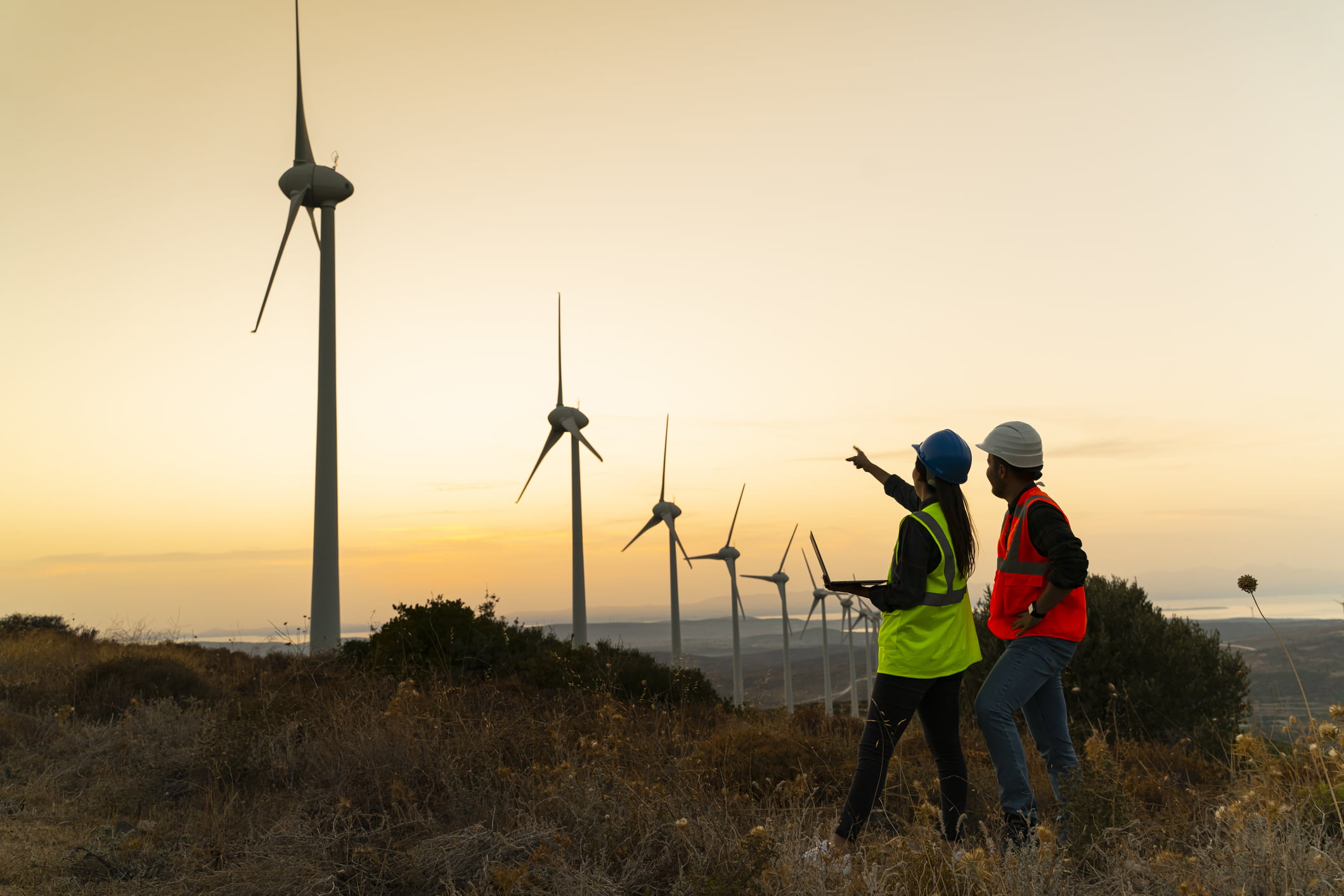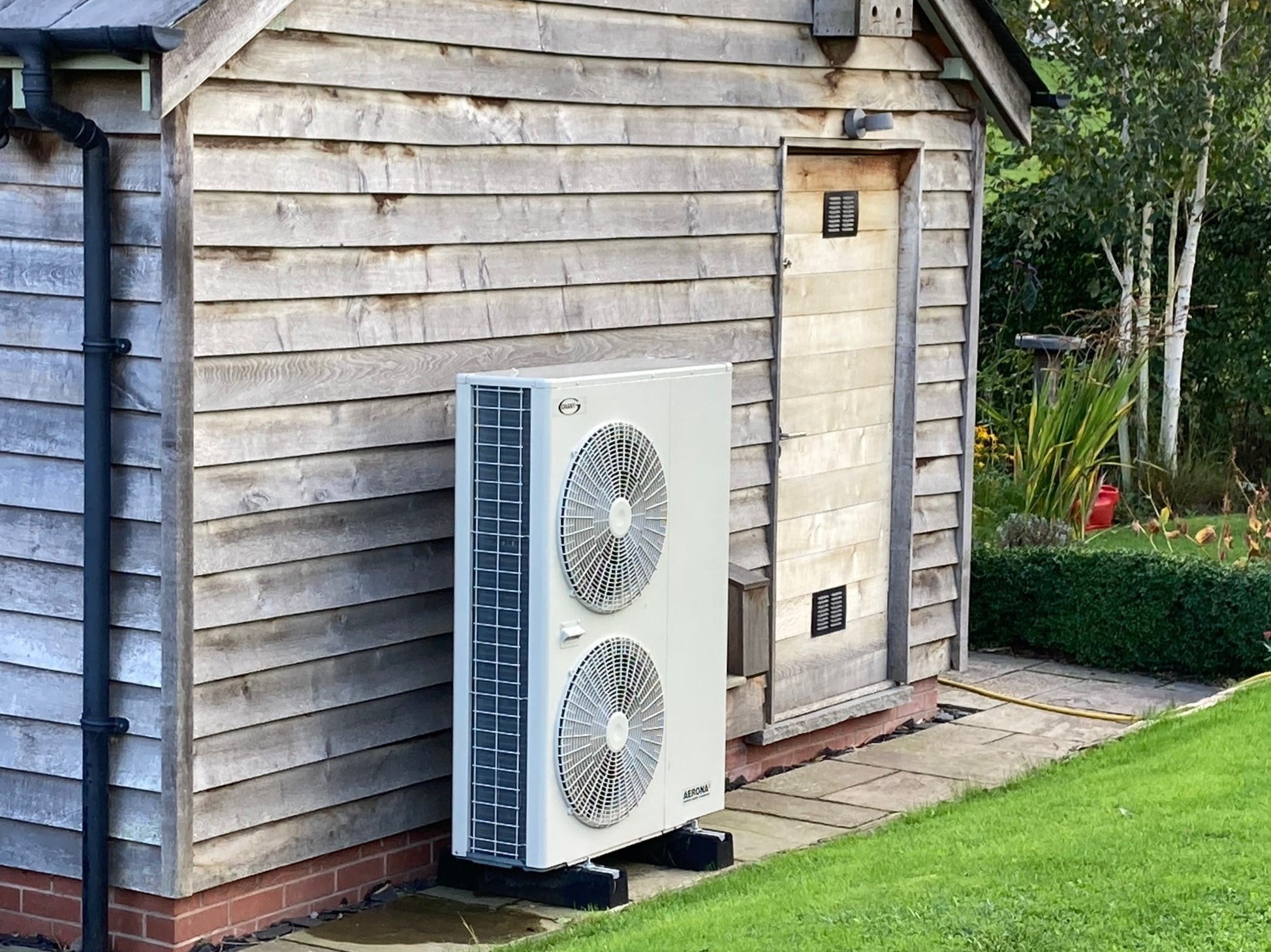Those who have already made the shift to electric vehicles were not impacted by recent fuel shortages or queues at the petrol pumps, as it’s becoming easier than ever to charge up at home, with the number of charging points across the UK increasing every day.
Recently, EVs have been rapidly growing in popularity. Last year saw EV sales jump 186% to 108,000 in 2020 and this September saw the best monthly performance ever for the EV sector, with over 30,000 new registrations. Over its lifetime, an EV will produce 30% fewer emissions compared with a conventional vehicle, a gap that will only increase as the electricity grid decarbonises.
Charging an EV battery typically costs significantly less than filling up at the pump and smart charging of EVs takes advantage of times when the price of electricity is lower (eg at night or when there is excess wind power). This enables EV drivers to charge their cars at a lower cost and more efficiently.
Making the switch to other modes of low carbon transport is becoming easier to do too, with electric bikes and scooters proving popular during the Covid-19 pandemic.
There is a clear direction of travel, and the UK Government’s recent Transport Decarbonation Plan provides a roadmap to how the transport sector will decarbonise over the coming years in England and Wales, as does the National Transport Strategy in Scotland.

